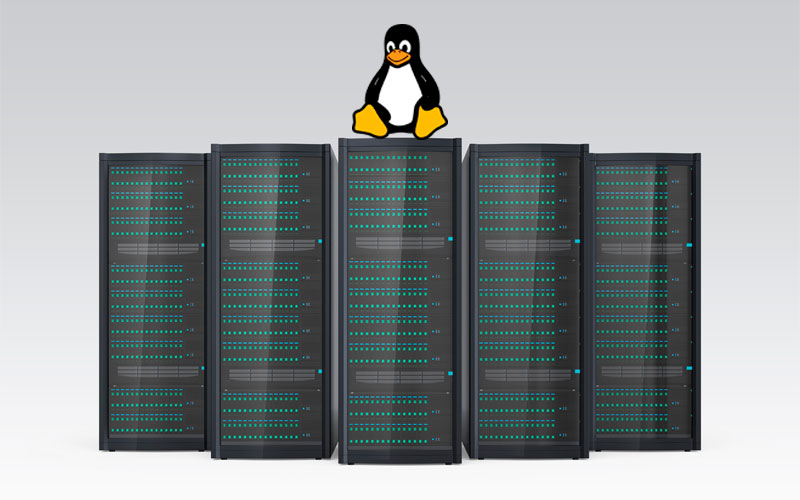-
Free & Open Source. The code with which Linux is developed is open, free and accessible to anyone. These features allow adapting any Linux OS to meet the needs of a particular server.
-
Stability and reliability. Linux OSs are characterized by being stable, thanks to options such as administration of system and program configurations, process management or security implementation. In addition, you can modify a system or program configuration file and make the changes without restarting the server and there are reliable process management mechanisms.
-
Security. Linux is considered the most secure kernel, so Linux-based operating systems are safe and suitable for servers. A server must be able to accept requests from remote clients, so it is always vulnerable because access to its ports may be allowed. In Linux, any user or program must have the appropriate permissions to access a resource or execute a file. Otherwise, any unauthorized action is always blocked.
-
Flexibility. Being based on Open Source, Linux OS can be adjusted to adapt to the needs of the server, such as running the system startup, managing services, adding users, managing networks and disks, installing software, monitoring performance…
-
Total cost of ownership (TCO) and maintenance. The total cost of owning and maintaining a Linux server is lower compared to a Windows server, since the payment of licenses is avoided. The investment in hardware, maintenance costs, system support services and administrative costs are significantly reduced.
Source: Tecmint







0 Comments